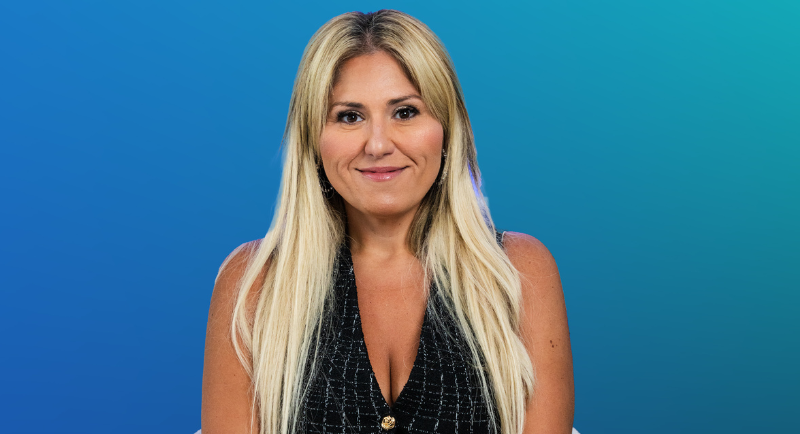By Diane Markovski, founder of Lit Agency
Following YouTube, Meta announced crackdown on ‘unoriginal’ Facebook content Facebook just announced a major push to clean up your feed — and it’s aiming straight at AI junk, stolen videos, and recycled content.
For those who are reposting someone else’s work or relying on low-effort AI-generated material, their reach will take a serious hit – brands this is for you.
Meta’s announcement was that it will take additional measures to crack down on accounts sharing “unoriginal” content to Facebook, meaning those that repeatedly reuse someone else’s text, photos, or videos. This year, Meta has already taken down around 10 million profiles, it said.

Diane Markovski
Plus, it has taken action against 500,000 accounts that were engaged in “spammy behavior or fake engagement.” Those actions have included things like demoting the accounts’ comments and reducing the distribution of their content to prevent the accounts from monetising.
FINALLY a level playing field ? Thats a wish for many brands and creators alike.
The update arrives as Meta weathers criticism from users across its platforms, Instagram in specific about erroneous, over-enforcement of its policies through automated means. A new petition of over 30,000 asks Meta to fix the issue with wrongfully disabled accounts and its lack of human support, which has users feeling abandoned and has hurt many small businesses.
In the last quarter, Meta said that 3% of its worldwide monthly active users on Facebook were fake accounts, and it had taken action to delete or disable 1 billion fake accounts from January through March 2025.
Meta’s update follows only days after YouTube said it was also clarifying its policy around unoriginal content, including mass-produced and repetitive videos — things that have become easier to generate with the help of AI technology.
With the rise of AI technology, platforms have become flooded with AI slop, a term referencing low-quality media content made using generative AI. On YouTube, AI voice overlaid on photos, video clips, or other repurposed content, thanks to text-to-video AI tools.
Without directly saying so, these types of unoriginal videos are also things that AI tools have made it easier to produce, as low-quality videos will often feature a series of just images or clips (either real or AI), with added AI narration.
Meta also warns creators not to reuse content from other apps or sources, which has been a longstanding rule. It also notes that video captions should be high quality, which could mean cutting down on the use of automated AI captions that aren’t edited by the creator.
BOTTOM LINE: Original, high-quality content is finally being rewarded. This is a huge win for real creators and businesses or brands who’ve been drowned out by bots and copy-paste tactics.
For marketers and entrepreneurs, it’s a reminder to prioritise secure AI practices.

